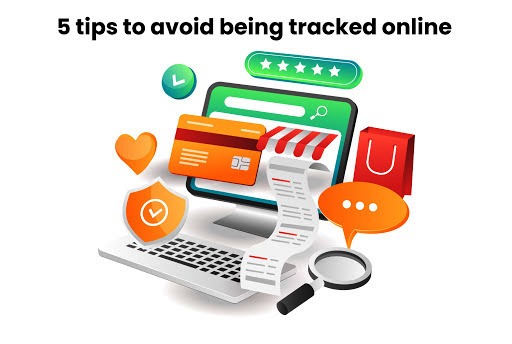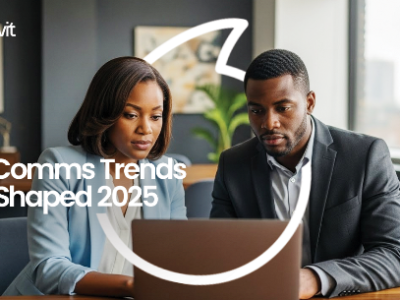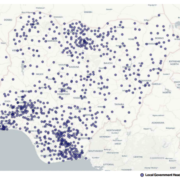Most people are blissfully unaware that they are being tracked online. But, whenever you use a search engine, or send an email through a ‘free’ email service your data is being tracked and stored in a secret ‘shadow profile’ that you can’t see or access.
RELATED: Beware of malvertising – NITDA alerts Nigerians on dangers of online advertising malware
Disturbingly, your ‘shadow profile’ includes highly intimate details about your identity and personal interests. For example, Google saves your location information and search history so, if you’ve visited a hospital and researched specific medicines, they can easily infer you have a specific health condition. That’s data you didn’t disclose, and probably didn’t want to expose to Google but which they now hold and can use, or sell on to another company.
Fortunately there are things you can do to increase your internet privacy. These 5 simple tips will help you to avoid being tracked online:
- Use Startpage.com or DuckDuckgo.com to hide your IP address to keep your searches private and secure.
- Switch from Gmail to a surveillance-free email provider like Open Web Systems, which does not collect or sell your data.
- Use a VPN (Virtual Private Network) to increase your internet privacy. A VPN encrypts your connection and keeps your IP address hidden while surfing, shopping, and banking online.
- Clear your browser history and cookies on a regular basis. Cookies hold your preferences, browsing sessions, and allow websites to retrieve information from your devices.
- Avoid using public Wi-Fi networks which are not always secure. Cybercriminals can use them to install malware on your devices, including keystroke tracking software which can be used to steal your personal information.
Increasing your online privacy is not just for the paranoid. The less information you expose online the less suseptable you will be to identity theft, manipulation through ads, discrimination based on your personal information, harassment, and other real harms that arise from invasions of privacy.





























